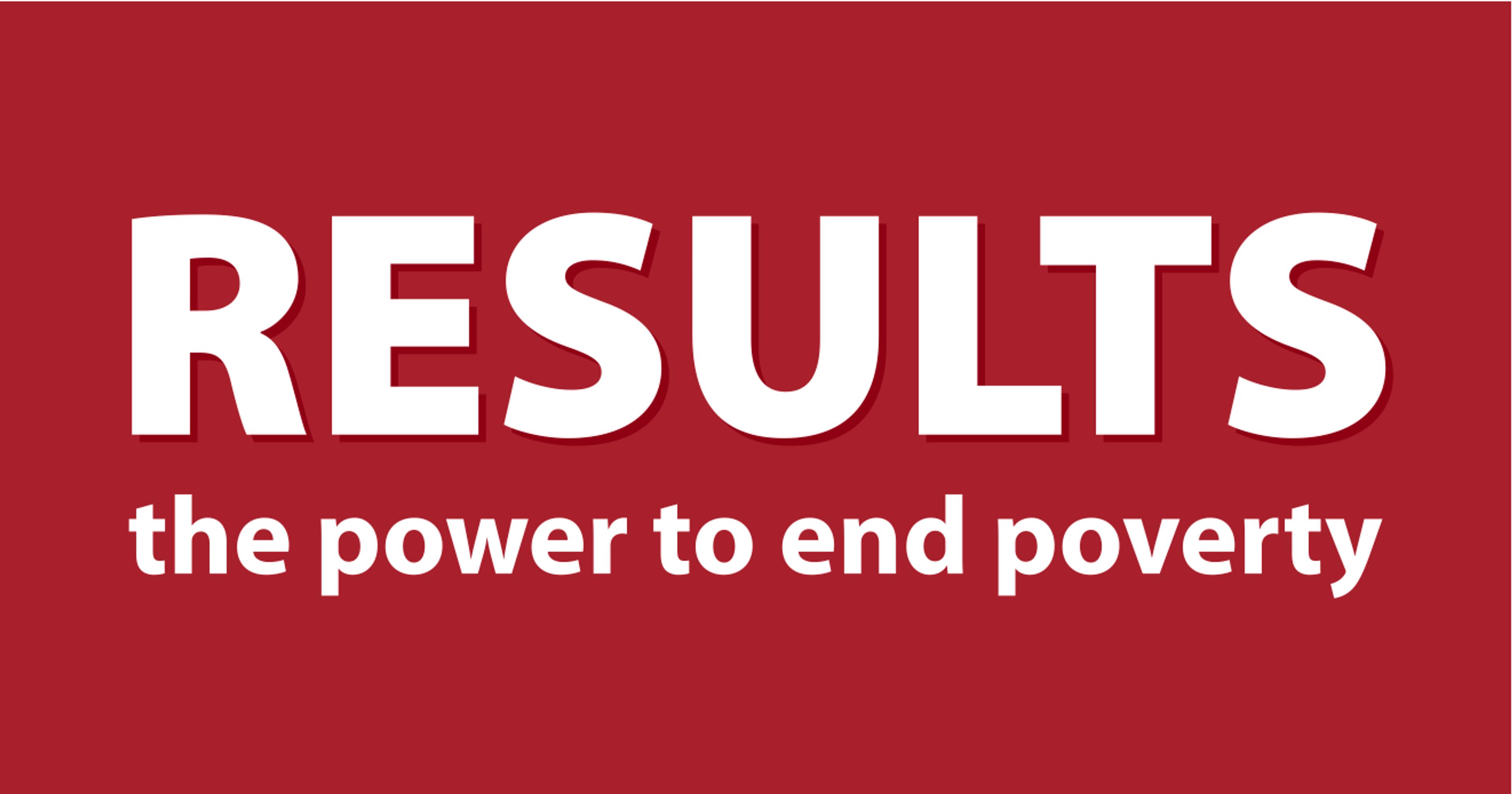
Giving What We Can recently released an evaluation of a political advocacy charity, RESULTS, and their project, 'ACTION', which advocates for greater government spending to tackle tuberculosis (TB). Research volunteers Nick Beckstead, Rossa O'keeffe-O'donovan, and Gordon Irlam of the Back of the Envelope Guide to Philanthropy, all deserve a great deal of credit for their help with this work. We also appreciate the assistance of the folks at RESULTS, in particular Jennifer Maurer, for providing detailed feedback on an earlier version. Whether or not RESULTS ultimately beats our current recommended charities, they are working hard to make a difference on crucial issues in global health.
This is the first time we have released our preliminary research on a topic in this way, and quantifying the good done by political advocacy raised novel challenges for us. We not only have to establish whether the advocacy efforts have generated additional spending, but also try to work out what the additional money has ultimately been spent on and whether it is likely to have worked. Unlike when we consider the Against Malaria Foundation, we cannot just request the relevant data from the charity delivering the programme. Nonetheless, I am excited that we are stepping beyond the more familiar bounds of direct health interventions. Many members have requested that we do so, and if we can identify the right campaigns to get behind, political advocacy offers the potential to move large sums towards programmes that really work to help the world's poorest people.
We are hoping that posting this document will encourage people with experience in the following areas to talk with us:
• Evaluating the effectiveness of political advocacy;
• Experience with RESULTS/ACTION or similar organisations, and their influence in Washington;
• Understanding of bilateral US aid for TB, and the funding mechanisms used by The Global Fund and GAVI;
• Understanding of the cost effectiveness of further spending on TB diagnostics, treating multi-drug resistant strains, and patients with both HIV and TB.
If you know about these issues and are willing to help, please email research@givingwhatwecan.org, or Skype me personally at robertwiblin.
We will continue to try to answer our remaining questions and build our model over Christmas and New Year to reach a decision about whether to recommend RESULTS in January. In the meantime, I will continue to update the version available on the website as we correct problems and improve our model.
Without further ado, here is the executive summary. Happy reading!
RESULTS is a charity that advocates for improvements to public policy to reduce poverty. This report focuses on ACTION USA, a project of RESULTS, which has appeared to achieve significant policy successes in the past, through a campaign for increased spending on the treatment of tuberculosis (TB). We believe that RESULTS' past cost effectiveness in terms of years of healthy life for each dollar spent has been high, possibly higher than our current top recommended charities. It continues to advocate for greater spending on TB, and now also vaccinations, both areas which include some very effective projects as measured by the years of healthy life (QALYs) they generate per dollar spent.
Unfortunately, the evaluation of advocacy charities is very difficult. It is not usually possible to confidently attribute the passage of a piece of legislation to a particular organization. The addition of further links to the chain between your donation and the ultimate outcome you want (e.g. additional people being cured of TB), creates the opportunity to generate 'leverage' as you potentially influence the way billions of dollars are spent. On the other hand, it means you cede some control over how that money is spent. It also exposes you to the risk that the impact of your donation will be nothing, either because the legislation you desire fails to pass, or because one of the organisations through which the funding passes choses not to, or could not, make effective use of the additional money. Finally, politics is a strategic and rapidly changing activity which can make it hard for outsiders such us Giving What We Can to accurately model what is occurring.
While we may recommend RESULTS, or a similar charity, in the future, we currently have insufficient information to do so with confidence. We are releasing this draft in order to solicit information which can help us answer the remaining questions, which are critical to our estimate of future cost effectiveness. In the meantime, we see ACTION is a highly promising option for those who seek to help people in developing countries through political advocacy.
Most important questions
• How large was ACTION's role in achieving the observed policy successes?
• What are additional appropriations in the US being spent on, by the time funding is passed through to health providers? How effective are those activities at improving health, in QALYs/$?
Important questions
• How valuable is the government or private spending crowded out by any resulting appropriations?
• What is the marginal effectiveness of RESULTS' advocacy in the USA in the event of an expansion of operations?
• Are there strategic considerations (for instance, re-categorisation of spending, or misleading attributions of credit) that could be causing us to misunderstand what is going on?